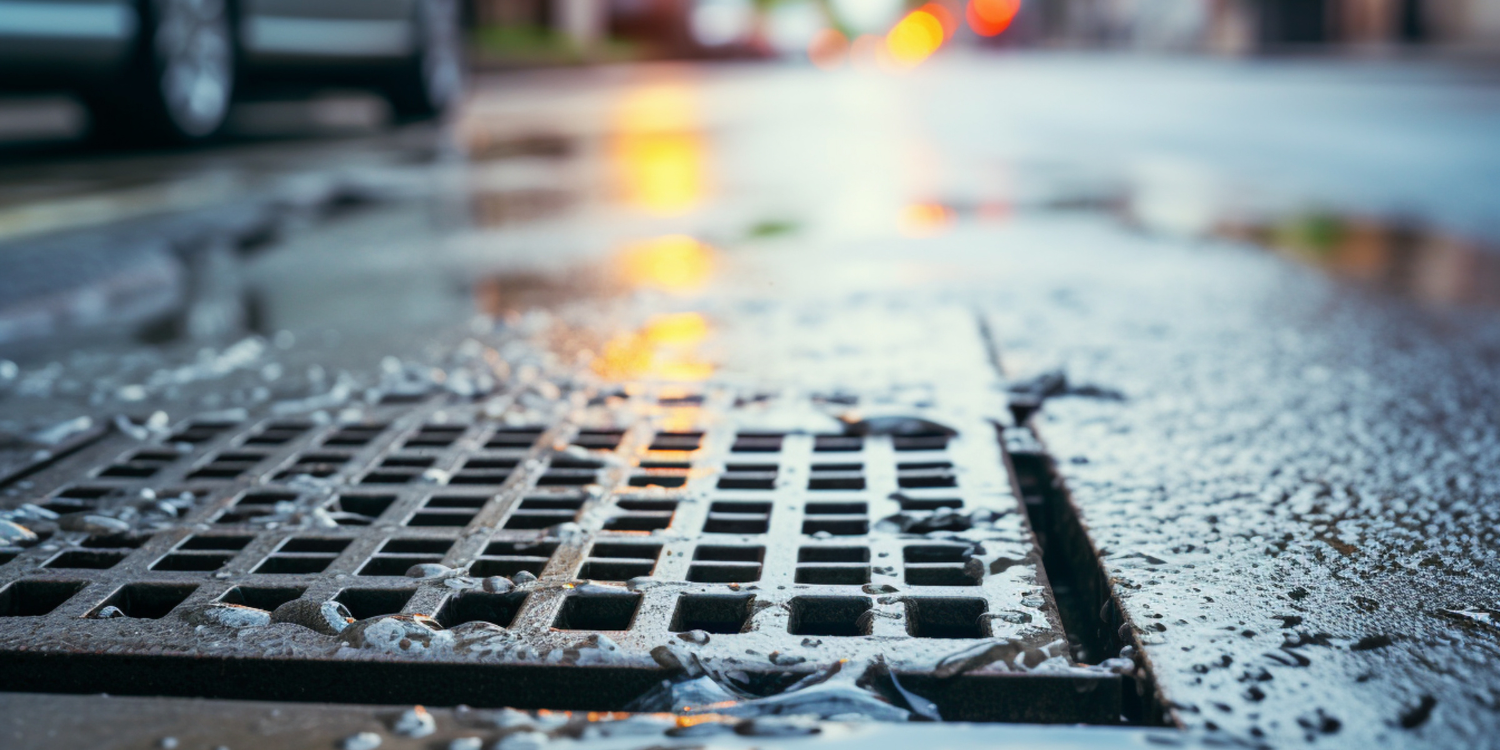It’s all gotta go somewhere. If you’ve ever wondered how sewer systems work, you’re not alone. Many are curious about how waste is handled in our region, and we’re here to demystify the process.
WHAT IS SEWAGE?
Sewage comes from homes, where water is being used in kitchens and bathrooms, as well as from commercial and industrial buildings. This waste flows through pipes attached to sinks, toilets, and bathtubs and runs underground into the sewer system.
HOW DOES SEWAGE GET TO A TREATMENT PLANT?
Sewage water travels through pipes that flush the water and waste toward local sewers that are operated and managed by the city or town. Most sewer systems rely on gravity to move the wastewater to where it needs to go.
SEWER WASTE PROCESSING
Sewer waste is processed through a variety of systems in the following steps:
- Sewage is pumped from buildings and homes through pipes that transfer the waste to filters that separate large objects from the sewage water. Large items can include plastic, logs, and other materials.
- Next, mud, sand, and smaller materials will settle in a grit chamber. These materials are retrieved over time and taken to a local landfill for proper disposal.
- Sewage then flows into tanks where solids in the wastewater will separate into sludge and water.
- The sewage water then transfers to a treatment plant where oxygen is added to the water to promote the growth of microorganisms. These microorganisms consume the leftover waste and settle into the bottom of the tank. At this point in the process, almost 90% of human waste, solids, and chemicals have been removed from wastewater.
- The remaining water is disinfected and filtered into local lakes or oceans.
- The remaining sludge is processed in sludge digesters that kill bacteria. The sludge is then transported to a plant where it is dewatered, dried, and converted into fertilizer.
TYPES OF SEWERS
Most home and business owners are unaware that there are many different types of sewers that their waste and rainwater may be processed through. The most common sewers include:
- Combined Sewers: Combined sewers carry domestic, industrial, and storm sewage.
- Sanitary Sewers: Sanitary sewers deliver sewage wastewater to treatment plants.
- Storm Flow Sewers: Storm flow sewers carry rainwater to drains and detention tanks.
COMMON DOMESTIC SEWER ISSUES
Most sewer lines can function for years without any cause for concern. However, when a sewer problem does arise, the situation can be overwhelming, gross, and extremely inconvenient.
You may have a sewer issue if you notice:
- Multiple fixtures in your home are not draining properly
- There’s a strange kickback in your bathtub, sink, or toilet
- Your drains are slow, gurgle, or smell badly
- You notice sewer backup in your basement, lawn, or driveway
CAUSES OF HOME SEWER ISSUES
Root Invasion: As trees grow, roots can stretch to push and move pipes that connect your water system and the town’s sewer system. Once shifted, these pipes can become disconnected or break. To prevent this issue, it is important to monitor the placement of trees and pipes.
Broken, Crushed, or Disconnected Pipes: Over time, pipes can burst, corrode, break down, and disconnect as the ground shifts. This can cause sewage to begin surfacing through the ground and will require the immediate attention of certified sewage repair plumbers.
Improperly Discarded Waste: Sewer backup can be caused by flushing napkins, diapers, tampons, and other materials down the toilet. It is important never to flush any garbage that can be disposed of in another way. It is also important not to flush or pour any grease down your drain, as grease and fat can build up and line your pipes, preventing proper water flow.
FIND A PRO FOR RESIDENTIAL SEWER SYSTEM REPAIR TODAY
Should you experience any issues with your sewer line, be sure to contact a trusted plumber as soon as possible. We have an extensive network of professional contractors who can provide you with unmatched service and support.

